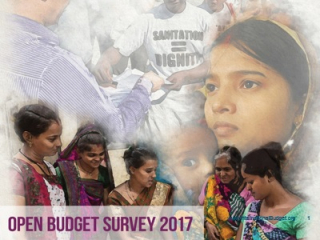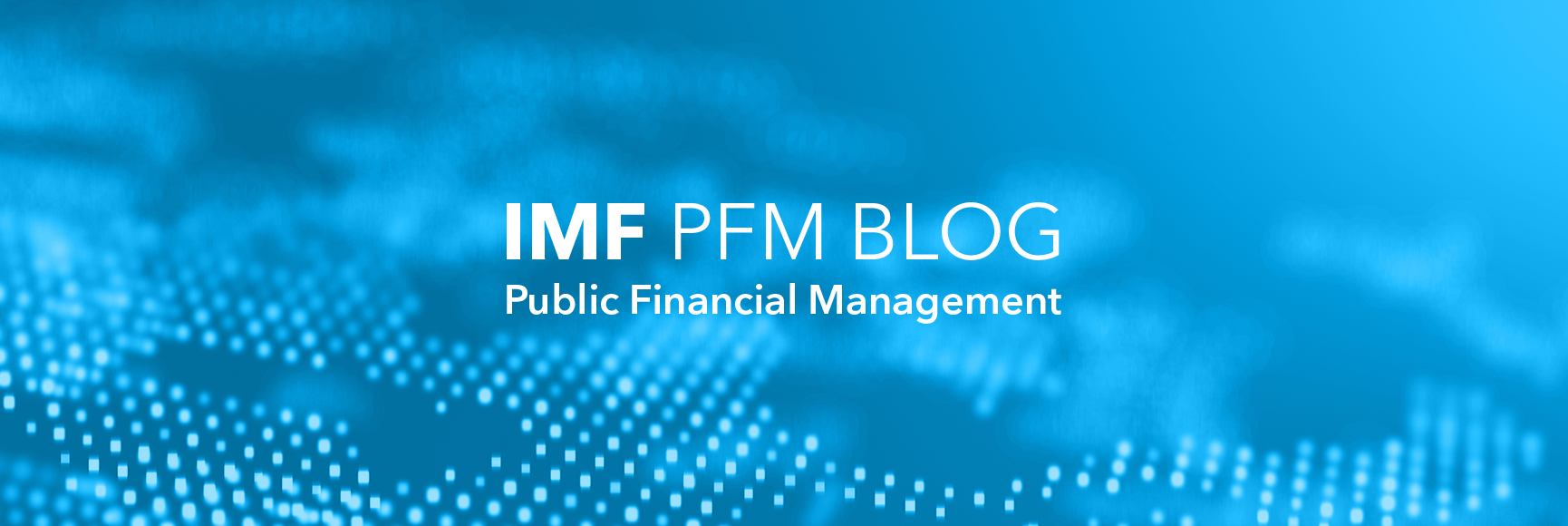
Posted by Jason Lakin[1]
Good public financial management practice is increasingly understood to require the free flow of information, robust oversight institutions (legislatures, auditors, etc.), and a role for the broader public to engage at each step of the budget process, from formulation through oversight and audit. These are the core practices and institutions that underpin representative democracy, and they are as critical for democratic policymaking as they are for managing the budget.
Recent years have seen political upheaval in both established and less-established democracies, declining trust in institutions, deepening inequality and widespread abuses of state power. There are no easy solutions to these challenges. But at the core of the relationship between people and governments are decisions about how public resources are raised and spent. The budget is where the most important questions about the role of government are asked and answered. This makes it the right place to look for a way to strengthen the bridge between citizens and states.
The Open Budget Survey (OBS), published biennially by the International Budget Partnership (IBP), is the world’s only comparative and independent assessment of fiscal transparency, oversight, and participation at the national level. The survey is carried out by independent researchers who respond to a set of factual questions in each of the 115 countries assessed. Each country’s results are then reviewed by an anonymous expert, and governments are also given an opportunity to provide comments.
On January 30, the IBP released the results of the 2017 OBS. Readers are encouraged to look at our 2017 report and the underlying data. Here, we summarize some of the key findings.
Perhaps the most important of these findings is that, after a decade of increasing budget transparency, progress has stalled. For the first time since IBP undertook the survey in 2006, the global average transparency score—known as the Open Budget Index (OBI) score, which includes only the transparency questions from the OBS—declined modestly between rounds, falling from 45 to 43 points (out of 100) for the 102 countries surveyed in both rounds. At a regional level, the biggest driver of this decline was Sub-Saharan Africa, where OBI scores fell by 11 points for the 27 countries surveyed in both 2015 and 2017. Fifteen countries had their scores fall by more than five points, and only one country in the region, Senegal, increased its score by more than five points.
IBP’s methodology for measuring transparency was updated in 2017. Reflecting changes in technology and practice, we no longer consider budget documents to be publicly available unless they are published on an official government website in a timely manner. In the past, we accepted hard copy only documents as published and scored them, but we no longer do. While there are only 29 hard copy documents captured in OBS 2017, they are disproportionately in Sub-Saharan Africa. This raises the question of whether the decline we are seeing in scores is a consequence of our methodology update.
We discuss this issue in further detail in the report. The bottom line, however, is that while the decision to require documents to be online may have increased the magnitude of the decline in scores, the halt in progress is nevertheless genuine. For example, if we consider the 15 countries in Sub-Saharan Africa with the largest declines in their scores, and we make the most generous assumption possible about their hard copy documents—that all of them would have received 100 on our assessment had they been scored—the average score for this group would still have declined by seven points.
While the end of progress is noteworthy, it is equally important that transparency scores are low overall. For the 115 countries assessed in the 2017 OBS, the global average OBI score is 42 out of 100, far below the level of budget transparency needed to ensure meaningful public deliberation.
The OBS 2017 finds relatively limited oversight and extremely weak levels of public participation across the globe. In the context of declining public trust and low levels of transparency, limited oversight practices and weak public participation are especially troubling. Among other findings, in most countries surveyed, the executive branch can shift funds between administrative areas during the budget year without legislative approval. Auditors fare better in the OBS 2017 in terms of independence, but we find that in 41 countries, the legislature never reviews annual audit findings.
For the first time, the 2017 OBS assesses the existence of independent fiscal institutions (IFIs), such as fiscal councils or parliamentary budget offices. We find that only 18 countries out of 115 have independent and well-resourced IFIs, suggesting that most countries can do more to promote independent and credible economic forecasts and costings of policy proposals.
While the OBS 2017 highlights many challenges, there are also bright spots. Several countries have made major advances in transparency in recent years, including Georgia, Jordan, Mexico and Senegal. Published budget documents contain more information about spending on the poor and transfers to state corporations in 2017 than in 2015. We also find evidence of tested formal participation mechanisms in several countries, such as Canada and South Korea. These cases and others provide opportunities for countries to learn from one another about how to advance democratic governance of public finances. The 2017 OBS findings should spur a conversation about how countries can build on these achievements.
[1] Head of Research, International Budget Partnership, Washington DC.
Note: The posts on the IMF PFM Blog should not be reported as representing the views of the IMF. The views expressed are those of the authors and do not necessarily represent those of the IMF or IMF policy.





